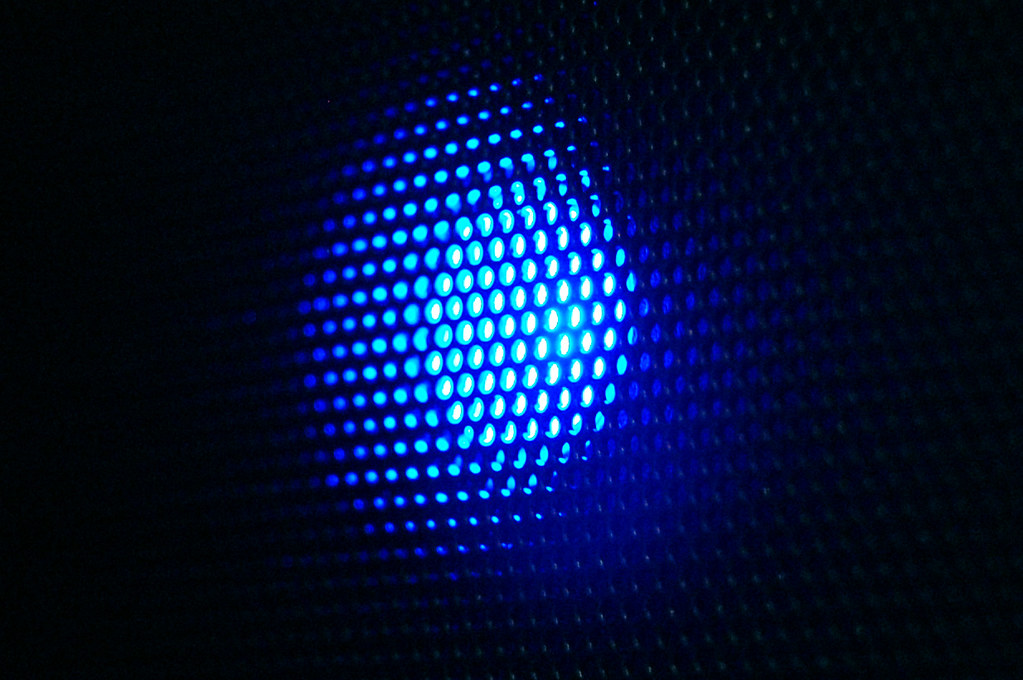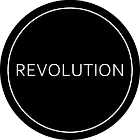Every sort of screen emits blue light and how many hours do we spend sitting in front of a screen every day? We are looking at screens every day whether it is watching shows, scrolling through social media, or doing office work. By the end of the day, we probably spend a good 12-15 hours on a screen. As a result, we will definitely be affected by blue light somehow. So today we’ll break down some of the effects of blue light.
Pros
- Blue light helps regulate our circadian rhythm. Blue light can be found in the sun. Every day we are woken up by blue light. It is what triggers us to wake up. Without it, we will be in hibernation most of the time.
- Blue light stimulates alertness, memory and cognitive function. This is because blue light increases the speed of neuron growth and strengthens neuron connection in the hippocampus. As a result, we become more focused and retain information a lot easier.
- Apart from brain growth, blue light also stimulates eye and vision growth. Children at a young age needs to be exposed to a moderate amount of blue light in order to for their eyes to grow. The key work there was MODERATE. Too much blue light can also be bad but we’ll touch on that later. Some studies show that too little blue light can actually stunt growth and can cause near sightedness.
Cons
- Blue light decreases sleep quality. While blue light keeps us up it decreases melatonin production. Melatonin is a hormone created in the pineal gland that controls sleep cycles. Due to the shorter wave lengths from blue light, the body becomes more sensitive to it as a result, delta brainwaves which is induces sleep is also supressed.
- Too much blue light can lead to eye strain. Human eyes are not very good at filtering out blue light due to the shorter wave length. Since the wave lengths are shorter, it scatters more than other colours making it harder to focus. At the same time it reduces contrast in other colours. As a result, our eyes need to work extra hard to filter out this out unnecessary colours thus leading to eye strains.
- Finally, too much exposure of blue light may increase the likelihood of macular degeneration. Again due to the shorter wave length of blue light, it is easy for it to penetrate the retina (the inner lining at the back of the eye). This is where most of the light sensitive cells are located in the eye. Too much blue light can actually damage these cells. As these cells degenerate further, it can lead to permanent loss of vision.
Blue light is a natural source of light that can be found anywhere. This light is very important since it helps with waking us up, increasing brain function and growth. But due to technology and lifestyle we may be being overexposed. Too much of anything can be bad, with blue light it decreases sleep quality, lead to eye strains and may increase the likelihood of macular degeneration. There are a couple of ways to decrease the effects of blue light. One, spend less time in front of screen. Especially 30-60 minutes before you go to sleep so you can increase sleep quality. Second, wear glasses that filter out most of this light. This way your eyes will be less stressed. Remember blue light in moderation is good but too much of it can worsen your health.
Chiropractor Auckland
Contact Revolution Chiropractic – Leading Chiropractor Auckland
To Schedule your FREE CONSULTATION at Revolution Chiropractic E-mail or Call us on 09 418 3718.
You can also book online here !
Follow us on Instagram Or Twitter, connect with us on LinkedIn, become a fan on Facebook.
SUBSCRIBE TO OUR YOUTUBE CHANNEL FOR DAILY EXERCISE AND HEALTH ADVICE.







